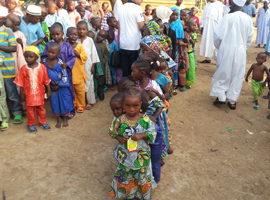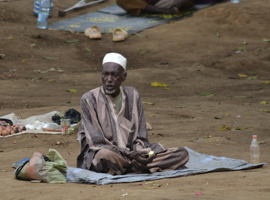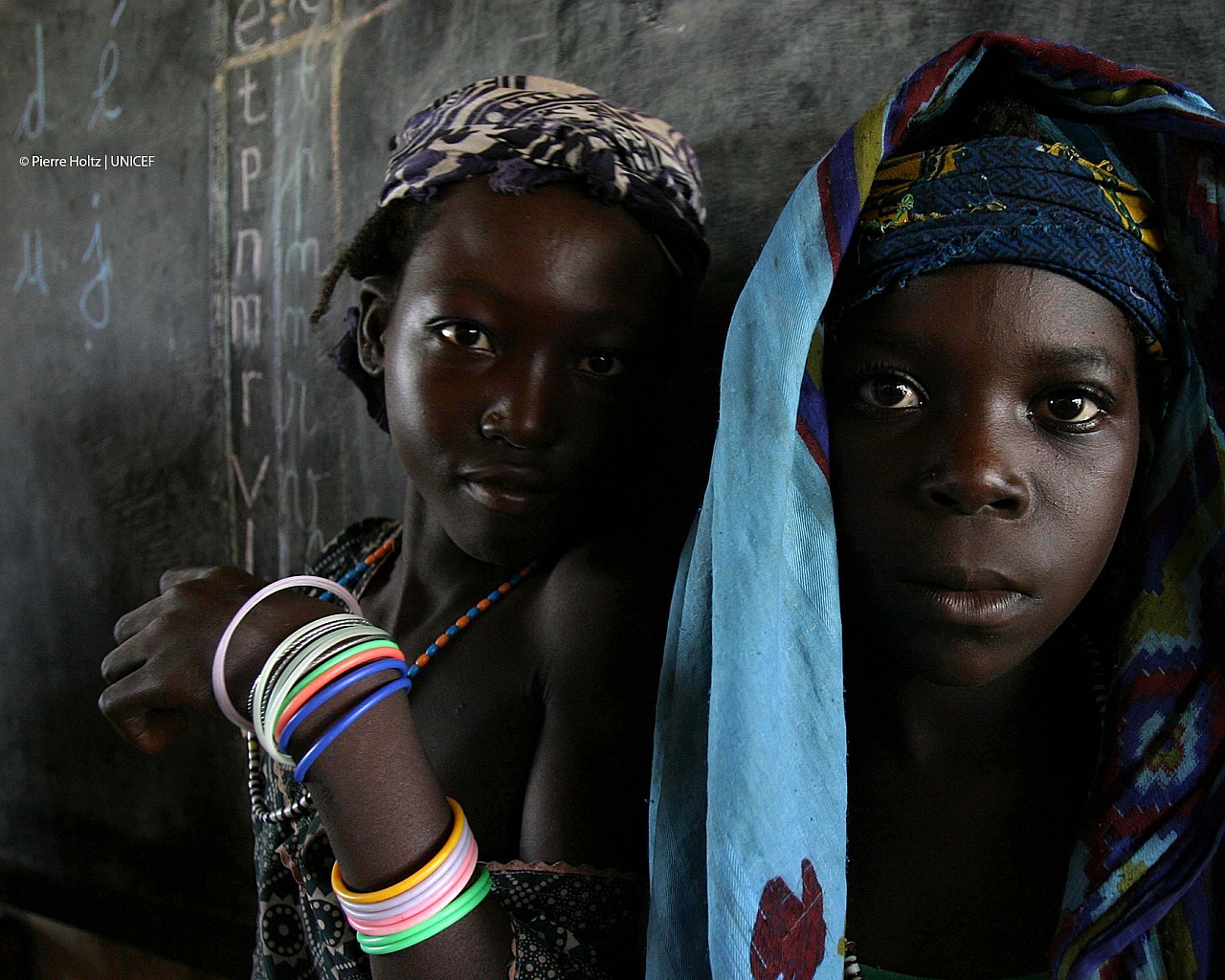Central African Republic
CAR Campaign
Find out more by visitng the Central African Republic Emergency Page
Muslims suffering in ethnic violence
While it possesses considerable natural resources – agricultural, minerals and diamonds – corruption and conflict means it is one of the world’s least developed nations. Ethno-religious violence which erupted in 2013 has left hundreds of thousands of Muslims dead or forced to flee their homes, 2 million people in dire need of aid, nearly 550,000 refugees (Dec 2017 - UNHCR) and warnings from the UN of a high risk of genocide.
The refugees of CAR desperately need aid, they need to survive. Please donate
At the forefront in helping the refugees of CAR
Islamic Help is leading an international coalition of charities and organisations in 2014 to deliver aid and alleviate the suffering of thousands of CAR refugees. We have launched a major programme to establish facilities at a refugee camp in Cameroon, with food, water, shelter and education for refugee children. The programme will address food and water scarcity, medical provisions to minimise risk of disease and epidemic, and provide stability and security especially for children who have never had the chance of education as many schools remain closed in CAR and young people are at risk of kidnapping and violence.
They have sacrificed their families and homes. They need your help.
Unrest: The wave of ethno-religious violence which erupted in CAR in 2013 left hundreds of thousands of Muslims dead or forced to flee their homes, 2 million people in dire need of aid, nearly 5500,000 refugees (Dec 2017, source: UNHCR) and the United Nations warning of ethnic cleansing. Despite a ceasefire in July 2014 between Muslim Seleka rebels and Christian "anti-balaka" vigilante forces, fresh fighting later aggravated the humanitarian situation across the country with even aid workers coming under fire.

Aid emergency: With more than 600,000 people internally displaced in CAR (Oct 2017, source: UNHCR), food and clean water remain in scarce supply in many of the affected areas. Hospitals and clinics have been vandalised and looted. Refugee camps and makeshift shelters in neighbouring countries - especially Cameroon which houses nearly 250,000 CAR refugees - are overcrowded and under-resourced, with food and water scarcity and risk of disease and epidemics.
Islamic Help is leading an international coalition of charities and organisations to deliver aid and alleviate the suffering of thousands of CAR refugees and those displaced in CAR itself.

Refugee camp: Working with the Islamic Development Bank and the Centre Culturel Des Musulmans Pour Le Developpement (CCMUD), we have constructed a refugee camp in Garoua Boulai in Cameroon. Opened in August 2014, it houses about 1,500 people – 200 families each with their own living shelter, plus cooking and sanitation facilities, solar-powered lighting, a school for the refugee children and a mosque.
IDP camp:With the Islamic Development Bank (IDB), we constructed a new camp for the internally displaced in CAR. Located in Yelwa, it has facilities similar to our Cameroon refugee camp and houses about 1,750 people. A 5-hectare plot was donated by the local authority and community and it has received widespread local support including from the anti-balaka militia, the Christian militia group known to target Muslims, in Nana Mbere region. Their commander assured his support for the project as it benefits both Muslims and non-Muslims.

Ramadan 2014: During Ramadan 2014, we distributed food packs and held iftar meals for CAR refugees and local communities in Cameroon.With funding support from United Muslim Relief (UMR), iHelp gave ration packages to 1,500 families in Garoua Boulai, Yaoundé and Maroua and held iftars with cooked meals for 2,920 people across Cameroon. On Eid Ul Fitr, Islamic Help handed out Eid gifts to 3,000 poor refugee children and new clothes to 1,650 women and young girls.

RECORDED ACHIEVEMENT
In 2014, Islamic Help provided food, water, medical aid, clothing and children’s gifts to nearly 18,000 people who have either fled CAR or are from communities hosting the refugees in Cameroon.




